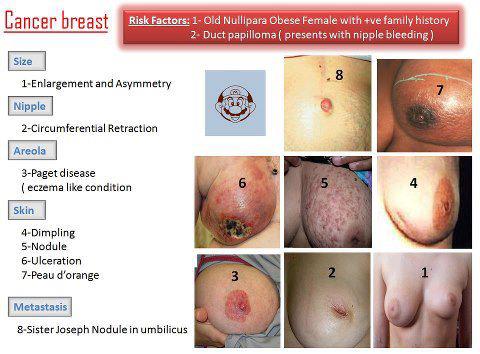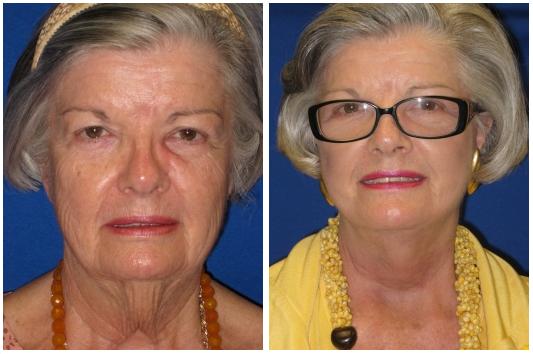Obese 'lose memory sooner'
Those who are obese, and have other health problems such as high blood pressure and high cholesterol, lose their memory and thinking skills almost a quarter faster, found researchers at University College London.
Their study was based on almost 6,500 Whitehall civil servants, whose health was monitored between the ages of 50 and 60.
They were weighed and measured, their blood pressure and cholesterol levels were taken, and they were also asked what medication they were taking.
In addition, they were asked to perform mental tests three times during the decade, which were used to assess memory and other cognitive skills.
Of the 6,401 civil servants in the study, nine per cent (582) were obese. Of those, 350 were also classed as "metabolically abnormal" - meaning they had two additional risk factors such as high blood pressure, high cholesterol, were taking medication for either condition, or were diabetic.
The researchers found the obese tended to lose their mental powers faster than their thinner colleagues, while those who also had additional conditions lost their memory and thinking skills fastest of all.
The latter group experienced a 22.5 percent faster decline on their cognitive test scores over the decade than those who were healthy.
Archana Singh-Manoux, of the Paris research institute Inserm, who contributed to the study, said their results indicated the idea that people could be obese but still healthy was flawed.
Shirley Cramer, chief executive of Alzheimer's Research UK, said: "We do not yet know why obesity and metabolic abnormality are linked to poorer brain performance, but with obesity levels on the rise, it will be important to delve a little deeper into this association.
"While the study itself focuses on cognitive decline, previous research suggests that a healthy diet, regular exercise, not smoking and controlling blood pressure and cholesterol in midlife can also help stave off dementia.
"With dementia figures spiralling towards a million, the findings suggest we should be conscious of our general health throughout life."
By Stephen Adams at The Daily Telegraph
Their study was based on almost 6,500 Whitehall civil servants, whose health was monitored between the ages of 50 and 60.
They were weighed and measured, their blood pressure and cholesterol levels were taken, and they were also asked what medication they were taking.
In addition, they were asked to perform mental tests three times during the decade, which were used to assess memory and other cognitive skills.
Of the 6,401 civil servants in the study, nine per cent (582) were obese. Of those, 350 were also classed as "metabolically abnormal" - meaning they had two additional risk factors such as high blood pressure, high cholesterol, were taking medication for either condition, or were diabetic.
The researchers found the obese tended to lose their mental powers faster than their thinner colleagues, while those who also had additional conditions lost their memory and thinking skills fastest of all.
The latter group experienced a 22.5 percent faster decline on their cognitive test scores over the decade than those who were healthy.
Archana Singh-Manoux, of the Paris research institute Inserm, who contributed to the study, said their results indicated the idea that people could be obese but still healthy was flawed.
Shirley Cramer, chief executive of Alzheimer's Research UK, said: "We do not yet know why obesity and metabolic abnormality are linked to poorer brain performance, but with obesity levels on the rise, it will be important to delve a little deeper into this association.
"While the study itself focuses on cognitive decline, previous research suggests that a healthy diet, regular exercise, not smoking and controlling blood pressure and cholesterol in midlife can also help stave off dementia.
"With dementia figures spiralling towards a million, the findings suggest we should be conscious of our general health throughout life."
By Stephen Adams at The Daily Telegraph




this makes a lot of sense...
ReplyDelete